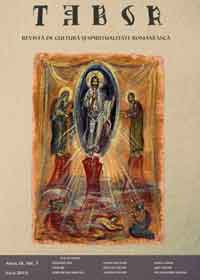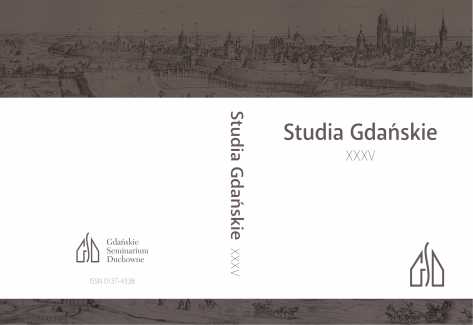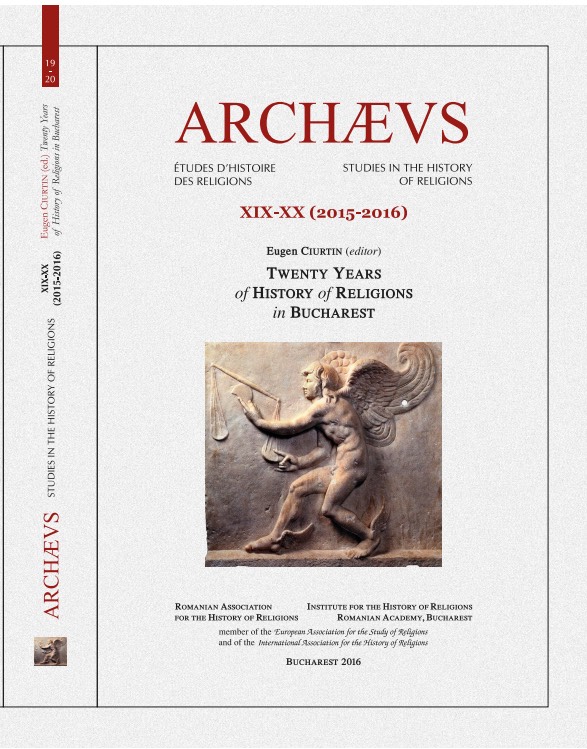
Peter Singer şi morala tradiţiei
Peter Singer is a philosopher and an ethicist whose works are widely published, being no less controversial. His ideas of animal liberation and biomedical ethics occupy an outstanding position both in philosophical literature and in the media. His views on infanticide do not enjoy in the media a notoriety comparable, for example, to that of his position on the issue of voluntary euthanasia, but constitutes a serious challenge posed to “traditional” morals. His belief that babies with handicaps have no right to life and, in certain circumstances, may be painlessly killed, are in opposition to traditional moral principles regarding children, considered powerless beings who need to be protected and treated with respect, whether disabled or not. This study raises Peter Singer’s ethical theory, with the analysis of his views on infanticide.
More...

